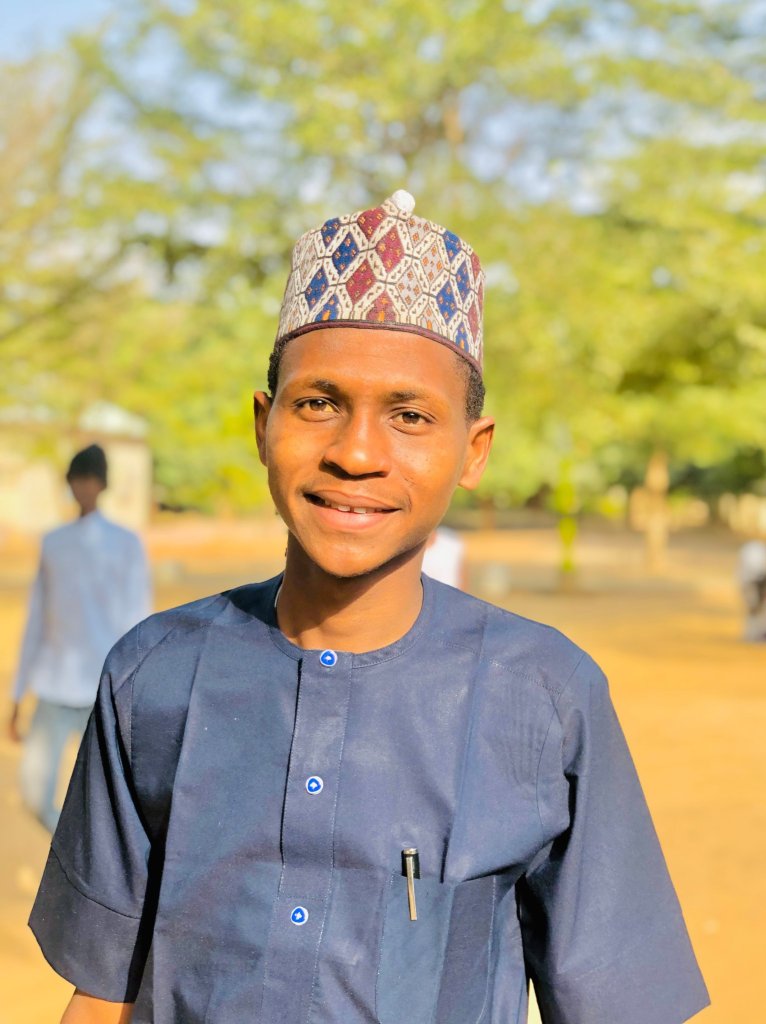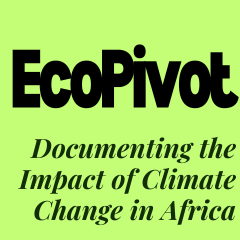At a young age, Ali Tijjani has become a figure of resilience in Nigeria’s climate movement, bringing education and action to Yobe, a state that is steadily being edged out by desertification, flooding, and environmental degradation.
As the Head of Information and Advocacy at YUNACSI, a youth-driven organization championing the Sustainable Development Goals in North-East Nigeria, Tijjani’s work is driven by a passion that feels almost tangible. Yet, the roots of his activism are grim.
“The sight of terrible floods that destroyed communities in Yobe State in 2022 had a profound effect on me as a person. Assessing numerous communities that were displaced, livelihoods destroyed, and families pulled apart by the wrath of climate change really changed me. It ignited the intrinsic desire in me to enable others—particularly those in vulnerable rural communities—to understand and cope with this worldwide emergency,” he says, recounting the devastation.
It was this sense of urgency that led him to join forces with eight other climate advocates, securing a grant through the LEAP Africa Youth Leadership Development Programme in 2023.
With that support, they set forth, launching projects and sowing seeds—literal and figurative—that would help stem the tide of environmental catastrophe.
Now, Tijjani is not only an advocate but a steward, urging his neighbours to see the necessity of sustainable practices. Also, his vision for the future is bold but simple: “I really want to see a future in which common people’s hearts and minds fill up with information on climate change, rather than being limited to scholarly publications.”
Yobe’s Climate Crisis
Climate change in Yobe state has grown more severe with each passing year, with communities like Tulo-Tulo, Toshia, and Maimalari straining under the ravages of desertification.
Known once for its striking oases and towering sand dunes, Tulo-Tulo is now caught in a devastating grip of encroachment. The desert advances by nearly a kilometer each year. Here, communities like Gujba and Gulani consistently witness torrential floods that tear apart homes and wash away the crops that are their only sustenance.

“The compounding effect of desert encroachment,” he explains, “is engulfing arable land by approximately one kilometer annually, threatening the livelihoods, food security, health, and economic stability of the state in general.”
Despite the enormity of the challenge, Tijjani remains undaunted, believing that global support is critical, especially in the distribution of loss and damage funds, which would enable communities to better adapt and recover.


